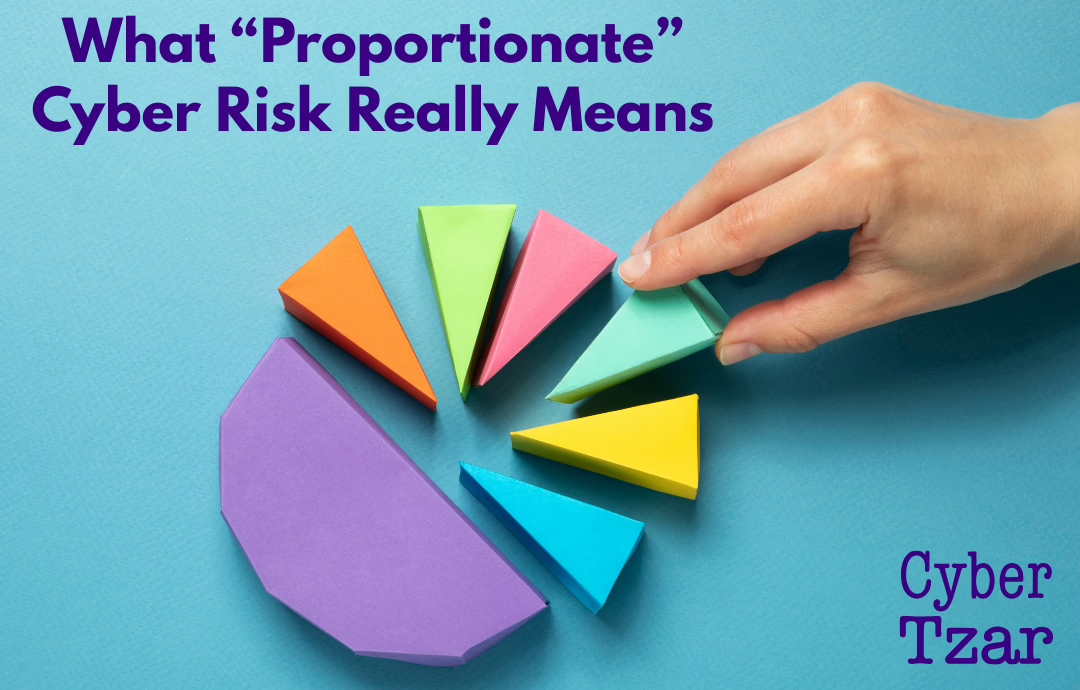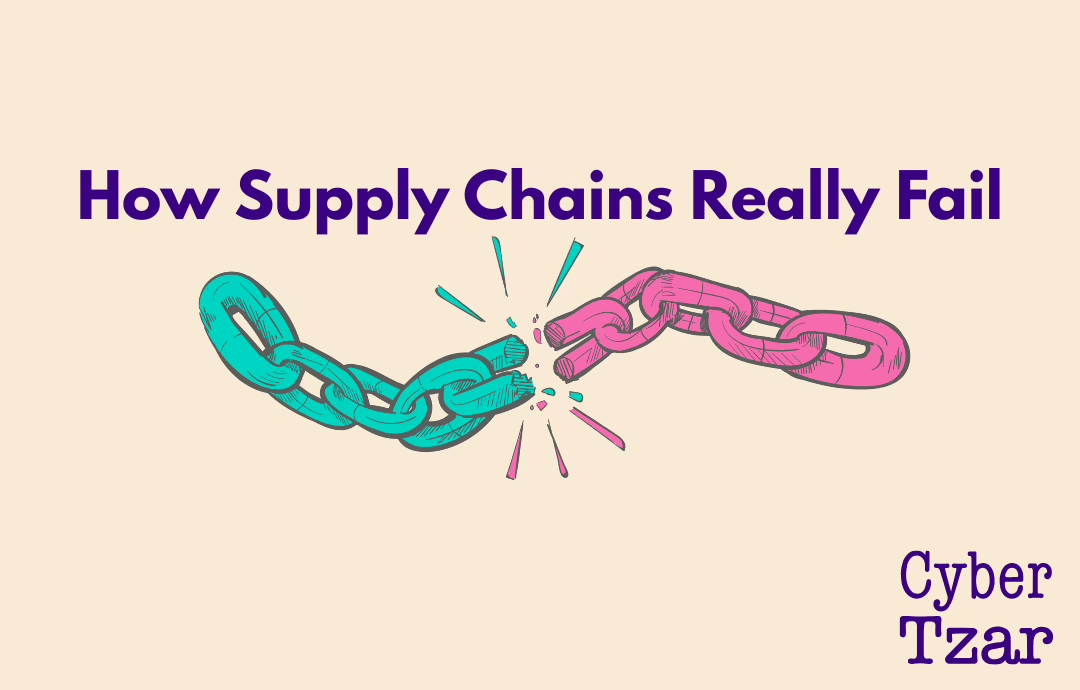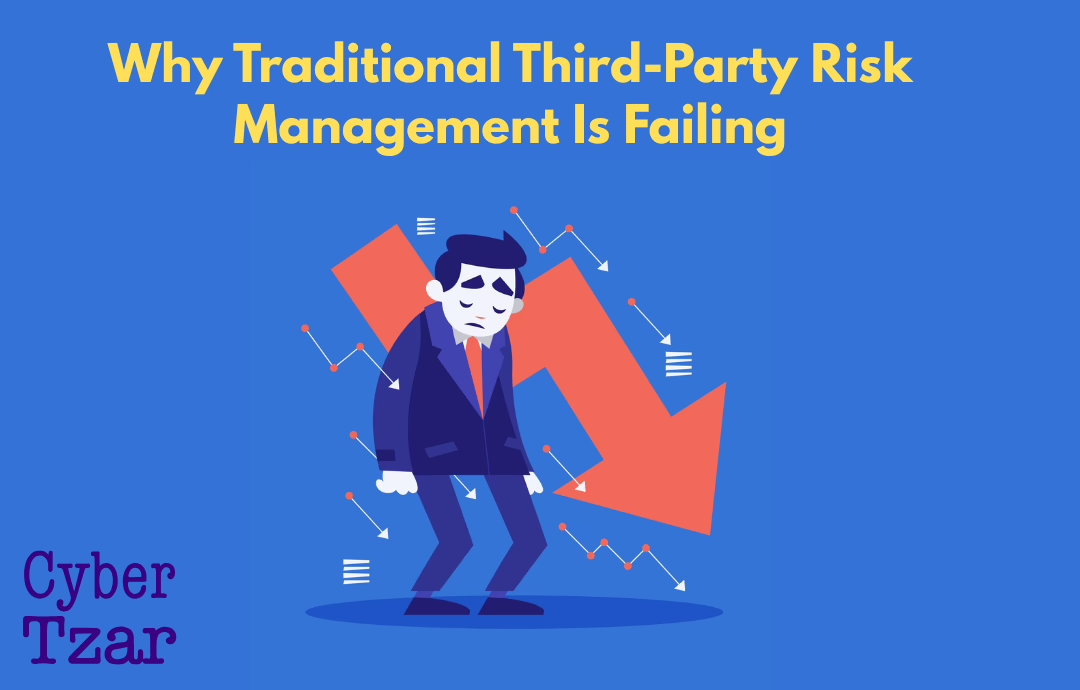Introduction
For tech startups and scale-ups, securing investment is essential for growth, product development, and market expansion. However, cybersecurity is now a key factor in investor due diligence—poor security practices can derail funding rounds, reduce valuations, or lead to failed acquisitions.
With rising cyber threats, increasing regulatory pressure, and high-profile data breaches, investors are scrutinising cyber risk as part of financial risk. Startups with weak security face higher business risks, regulatory fines, and reputational damage—making them a less attractive investment.
This article explores why cybersecurity is critical in funding rounds, how investors evaluate cyber risk, and what startups can do to improve their security posture before pitching to investors.
1️⃣ Why Cybersecurity Now Impacts Investment Decisions
📌 72% of investors assess cybersecurity risks before funding startups.
📌 Data breaches can reduce a company’s valuation by up to 20%.
📌 VC firms and private equity investors now require startups to prove security compliance.
💡 Startups that ignore cybersecurity risk losing funding or facing lower valuations.
2️⃣ How Investors Assess Cybersecurity in Due Diligence
Investors now treat cybersecurity as a critical due diligence area, alongside financials, team capabilities, and product-market fit. Here’s what they look for:
🔹 1. Data Protection & Compliance
📌 What Investors Check:
✔ Does the company comply with GDPR, ISO 27001, NIST, or Cyber Essentials?
✔ How is customer and intellectual property data stored and protected?
✔ What happens if there is a data breach—does the company have a response plan?
📌 Why it Matters:
📉 Non-compliance can lead to fines, lawsuits, and reputational damage.
📉 Data breaches reduce customer trust and can kill deals with enterprise clients.
🛡️ How Startups Can Prepare:
✔ Implement data encryption, strong access controls, and security policies.
✔ Ensure compliance with GDPR, Cyber Essentials, or industry-specific standards.
✔ Develop a data breach response plan and test it regularly.
🔹 2. Past Cyber Incidents & Breach History
📌 What Investors Check:
✔ Has the company suffered a data breach or security incident in the past?
✔ How was the incident handled, and what security improvements were made?
✔ Are there any ongoing security vulnerabilities or weaknesses?
📌 Why it Matters:
📉 A poor incident response can signal weak security governance.
📉 Startups with repeated security failures may struggle to gain investor trust.
🛡️ How Startups Can Prepare:
✔ Disclose past security incidents honestly and highlight corrective actions taken.
✔ Ensure that penetration tests and security audits are completed before due diligence.
✔ Adopt cyber risk monitoring tools to detect potential vulnerabilities.
🔹 3. Cyber Risk Scoring & Attack Surface Monitoring
📌 What Investors Check:
✔ Does the company have exposed IT assets that could be exploited?
✔ Are there unpatched vulnerabilities in cloud systems, APIs, or web apps?
✔ Has the company been flagged for cybersecurity risks in external reports?
📌 Why it Matters:
📉 Poor security hygiene increases the likelihood of future breaches.
📉 A high cyber risk score may lead to funding delays or reduced valuations.
🛡️ How Startups Can Prepare:
✔ Use attack surface monitoring tools to identify exposed vulnerabilities.
✔ Regularly patch software and update security configurations.
✔ Conduct penetration testing before engaging investors.
🔹 4. Security of Third-Party Vendors & Supply Chain
📌 What Investors Check:
✔ Does the startup rely on third-party SaaS providers, cloud services, or contractors?
✔ How secure are vendors, suppliers, and outsourced IT partners?
✔ What security agreements are in place to prevent third-party risks?
📌 Why it Matters:
📉 Supply chain attacks are increasing—investors want to see vendor risk management.
📉 Many startups rely on third-party services—weak vendor security exposes the entire company.
🛡️ How Startups Can Prepare:
✔ Assess third-party security before onboarding vendors.
✔ Require SOC 2, ISO 27001, or Cyber Essentials certification from key suppliers.
✔ Implement vendor risk management policies.
🔹 5. Cybersecurity Governance & Leadership Buy-In
📌 What Investors Check:
✔ Does the leadership team prioritise cybersecurity, or is it an afterthought?
✔ Is there a dedicated security role (CISO, security lead, or external advisor)?
✔ Are employees trained on cybersecurity awareness and risk management?
📌 Why it Matters:
📉 Startups without security leadership may struggle with long-term risk management.
📉 Investors prefer companies that treat cybersecurity as a strategic priority.
🛡️ How Startups Can Prepare:
✔ Assign a security lead or advisor before seeking funding.
✔ Ensure cybersecurity training is part of onboarding and company culture.
✔ Embed security into product development, operations, and growth strategy.
3️⃣ How Startups Can Improve Cybersecurity Before Fundraising
✅ 1. Secure Your Cloud & SaaS Infrastructure
- Implement Multi-Factor Authentication (MFA) on all cloud accounts.
- Use encryption for customer and business data.
- Ensure SaaS vendors follow strong security practices.
✅ 2. Conduct a Cybersecurity Audit & Penetration Test
- Identify and fix vulnerabilities before investors start due diligence.
- Run penetration testing on web applications and APIs.
- Use cyber risk assessment tools to monitor attack surfaces.
✅ 3. Implement Incident Response & Business Continuity Planning
- Develop a documented cybersecurity incident response plan.
- Test backup and disaster recovery capabilities.
- Assign roles and responsibilities for handling security incidents.
✅ 4. Strengthen Compliance & Security Certifications
- Obtain Cyber Essentials, ISO 27001, or SOC 2 certification.
- Ensure compliance with GDPR and industry-specific regulations.
- Maintain audit logs and security documentation for due diligence.
💡 Investors prefer startups that proactively manage security risks—strong cybersecurity can differentiate your business.
Final Thoughts: Cybersecurity is Now a Funding Round Requirement
In 2024, startups can no longer afford to treat cybersecurity as a secondary concern. Investors now expect strong security governance, compliance, and risk management before committing funds.
🔹 Key Takeaways for Startups & Scale-Ups:
✔ Cybersecurity is a critical factor in investment decisions.
✔ A poor security posture can lead to funding delays or reduced valuations.
✔ Investors assess compliance, data protection, vendor security, and governance.
✔ Startups must proactively strengthen security before engaging investors.
By demonstrating strong cybersecurity practices, startups can increase investor confidence, secure funding faster, and build long-term business resilience.
📢 What’s Next?
!!!!💡 Next in the series: “Cybersecurity Best Practices for Startups in 2024” (w/c 25 June).
Would you like a cybersecurity due diligence checklist for investors? Get in touch today. 🚀



